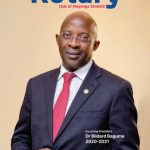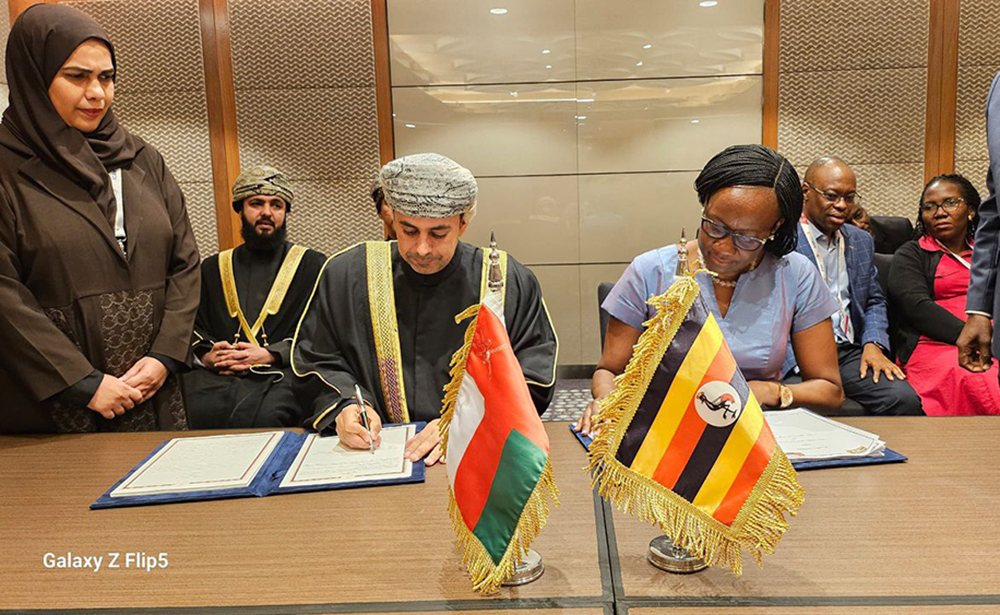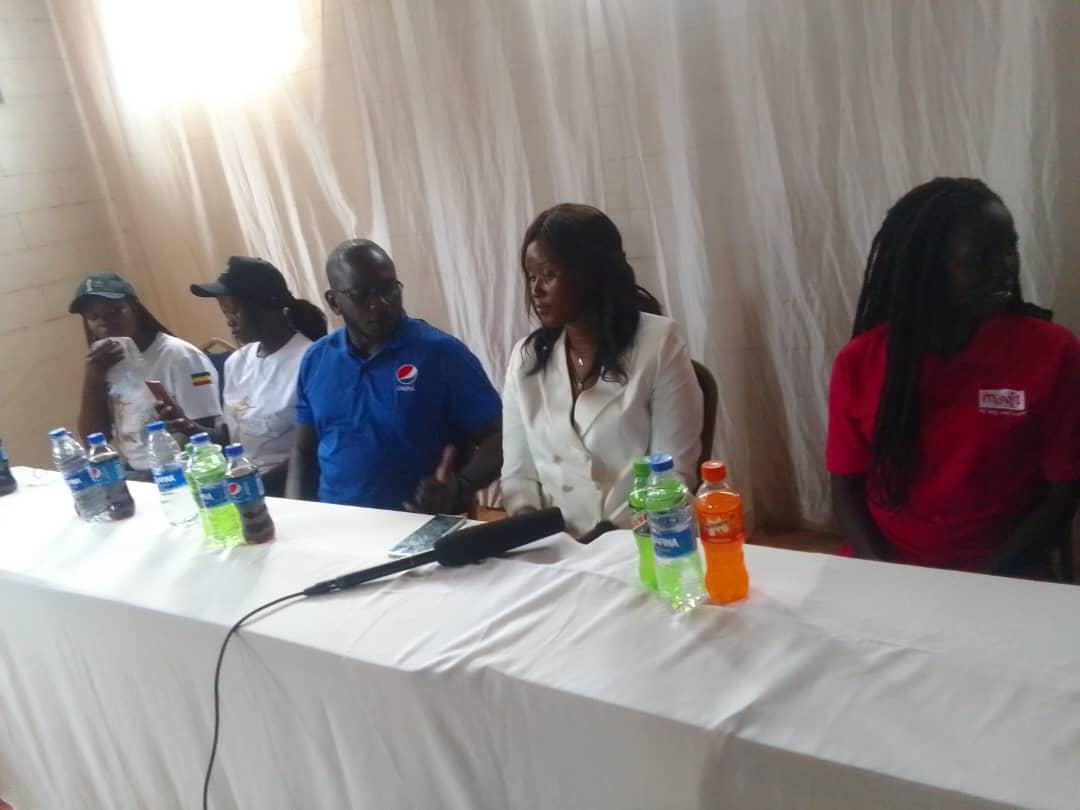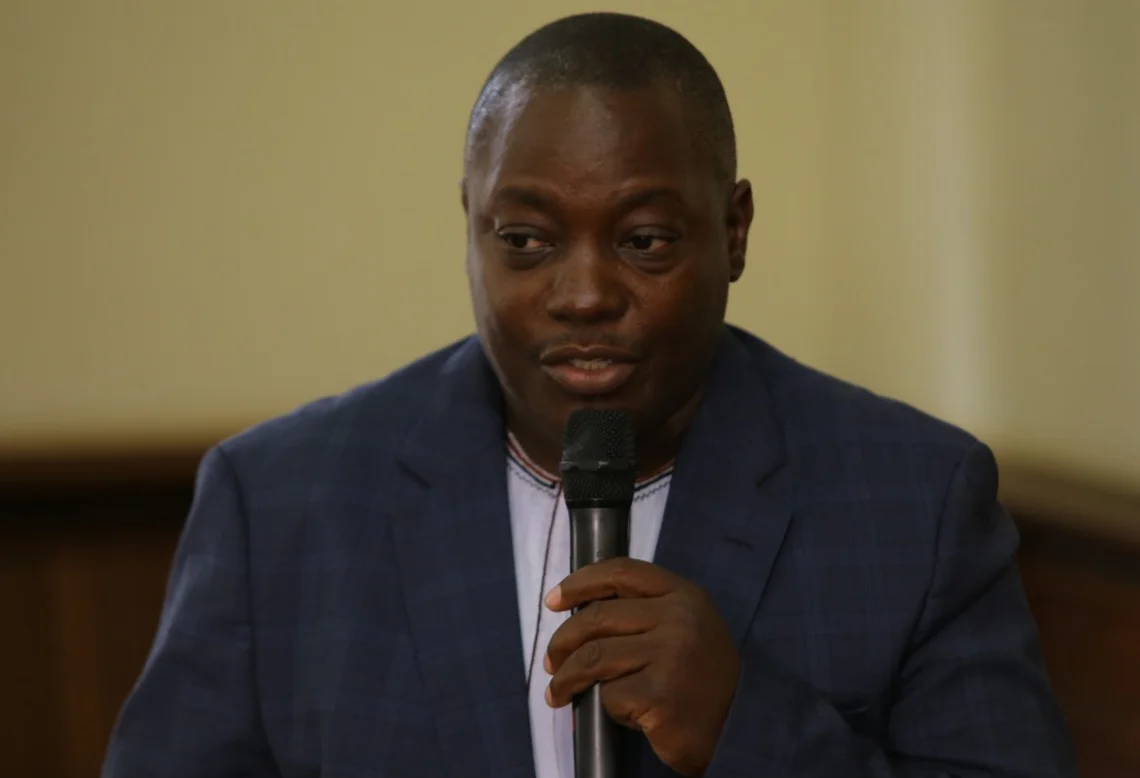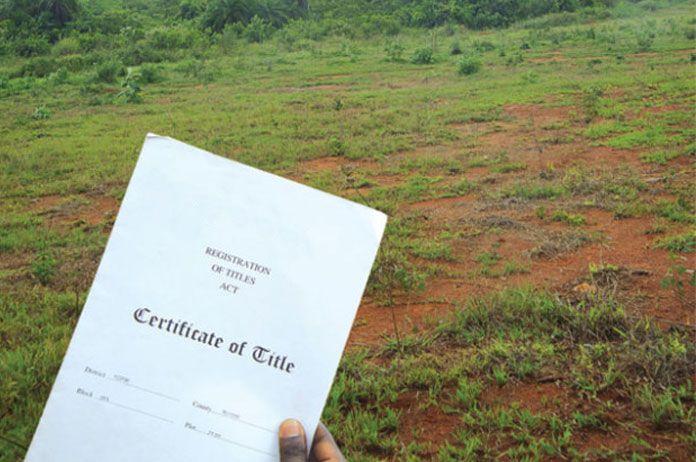Hearing loss in Uganda is a significant concern, with an estimated two million people struggling with permanent hearing impairment or related issues. Various factors, including the use of earphones, cotton earbuds, and other sharp objects, have been identified as primary causes.
Mulago Hospital, under the leadership of Dr. Rosemary Byanyima, sees approximately 70 patients with hearing loss daily, translating to an annual total of 25,200 individuals seeking assistance. This alarming number underscores the pressing need for immediate attention to address the growing issue.
The limited availability of specialized healthcare facilities exacerbates the problem. Uganda currently has only two hospitals, Mulago National Referral Hospital and Mbarara Nursing Teaching Hospital, equipped to handle hearing-related conditions. Dr. Byanyima emphasized the urgency of expanding medical expertise and infrastructure to tackle the rising cases effectively.
At a Rotary Club event in Hotel Africana, Kampala, where achievements in combating hearing loss were celebrated, concerns were raised about the insufficient reach of community engagements and clinical camps conducted by Rotarians. Collaboration with the government to enhance awareness among the public was suggested as a potential solution to reduce the prevalence of hearing impairments.
Dr. Eddie Mukwaya, an expert in ear, nose, and throat (ENT), emphasized the need for more surgeons and technological investments to address the growing problem. Developed countries utilize advanced technology for early detection of hearing impairments in newborns, a practice that could be adopted in Uganda to curb the escalating cases.
Cochlear implant technology, though expensive, has shown promise in restoring hearing. Dr. Mukwaya suggested embracing technology as a crucial step in managing hearing loss effectively. A cochlear implant is a sophisticated device that provides a sense of sound to individuals who are profoundly deaf or severely hard of hearing.
Elaine Mukaaya, a 16-year-old homeschooler, shared her transformative experience with a cochlear implant, highlighting the positive impact on her speech development. However, the high costs associated with cochlear implants pose a significant challenge for many Ugandans, limiting their accessibility.
Gaston Muramira, the sole importer of Cochlears in Uganda, noted the high demand for implants but cited financial constraints as a major obstacle. With costs ranging from sh56.8m to $15,000, many families with hearing-impaired members find it difficult to afford the necessary treatment, resulting in permanent hearing loss.
The Rotary Club of Kololo, passionate about community health, aims to address the issue through outreach programs and awareness campaigns. President Alex Batamba Muhweezi emphasized the importance of instilling hope in people that hearing recovery is possible. Michael Crean, a team leader from Canada, recommended collaborative efforts between Uganda and Canada to effectively combat the problem.





